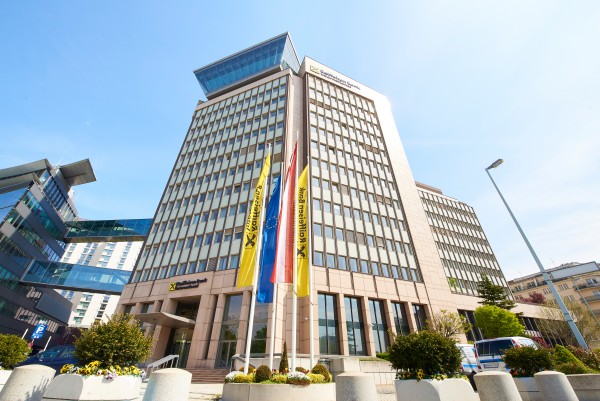Sponsored Content
Russian Court Decision Complicates Raiffeisen Bank International Planned Sale of Subsidiary Bank
The planned exit of Raiffeisen Bank International AG (RBI) from Russia has suffered a significant setback. A Russian court has issued a temporary injunction blocking the sale of the Russian subsidiary AO Raiffeisenbank. This decision could significantly delay the Austrian bank's efforts to reduce its presence in Russia.
 The offices of Raiffeisen Bank International AG in Vienna. / Picture: © Raiffeisen Bank International AG / S. Klimpt
The offices of Raiffeisen Bank International AG in Vienna. / Picture: © Raiffeisen Bank International AG / S. Klimpt
In a published announcement, RBI stated that the shares of its Russian subsidiary AO Raiffeisenbank are subject to a restriction on disposal with immediate effect due to the court decision. This means that RBI is currently unable to transfer shares to potential buyers. This affects the sale process planned since 2022, in which the bank is endeavoring to dispose of its Russian…
or Log In
Fast News Search





